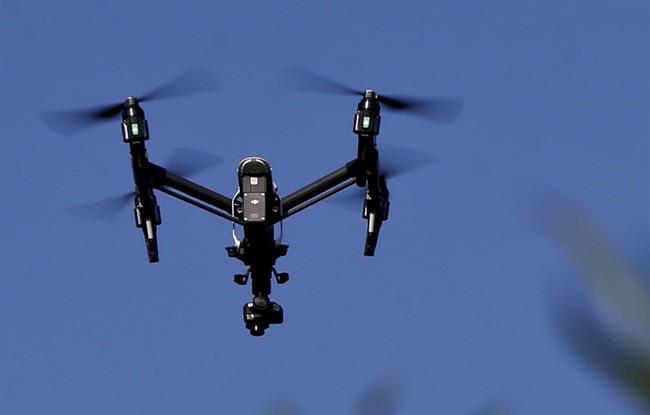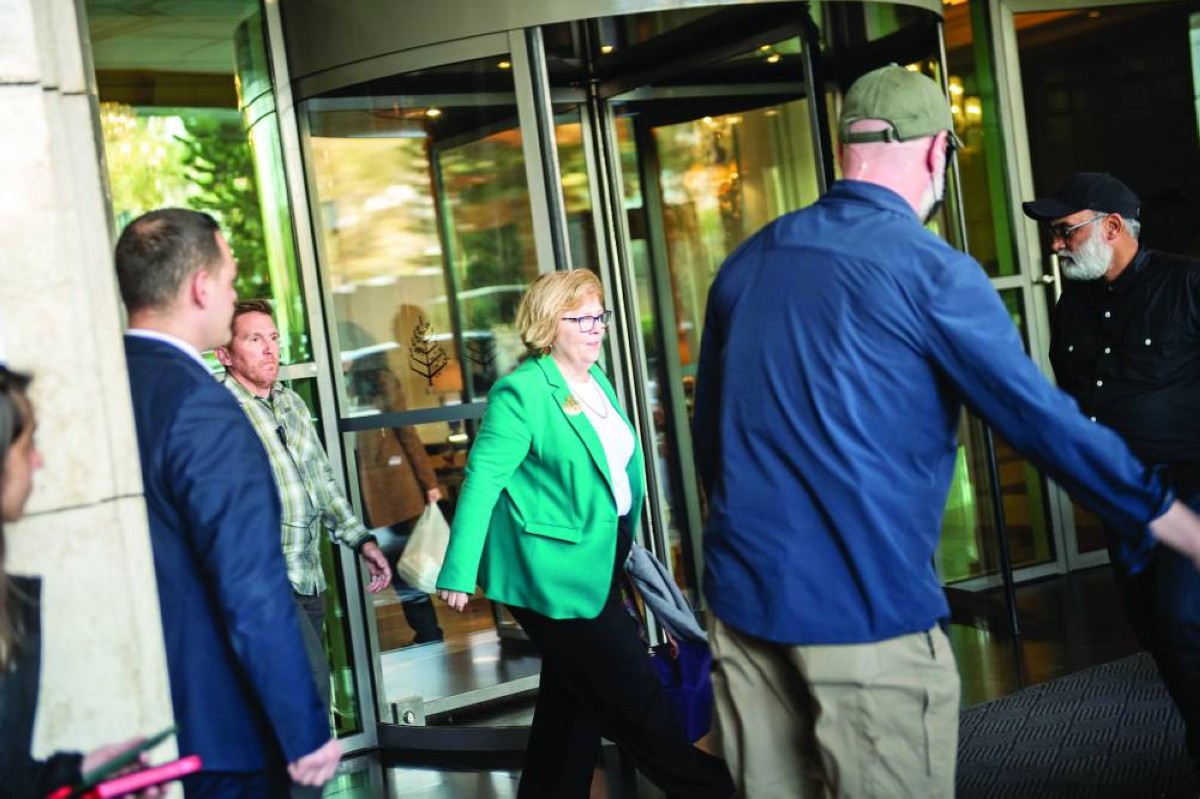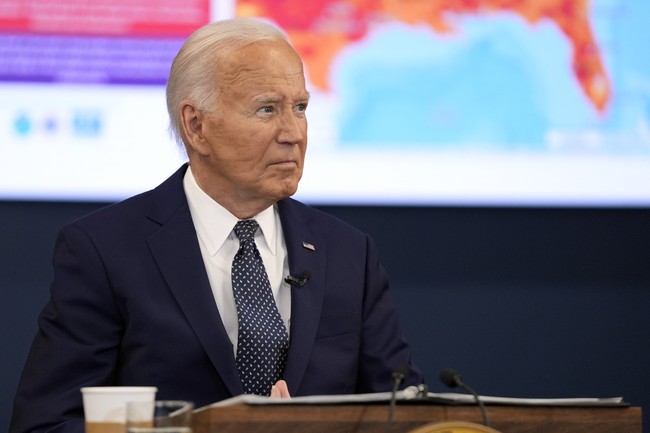D-8 Summit: Leaders Discuss Syria, Gaza, and Economic Ties
Key discussions at the D-8 summit in Cairo revolved around regional crises, including conflicts in Gaza and Syria, and increasing economic cooperation among Muslim-majority countries.
Published December 20, 2024 - 00:12am

Image recovered from arabnews.com
The recent summit of the D-8 Organization for Economic Cooperation, held in Cairo, has marked a significant moment, gathering leaders from several key Muslim-majority countries, including Turkey, Iran, Egypt, and others. Amidst ongoing regional unrest, this summit has highlighted the challenges and opportunities faced by these nations in forging stronger diplomatic and economic ties.
One of the pivotal issues addressed was the conflict in Syria, a situation complicated by Turkey's historical opposition to Bashar al-Assad and Iran's support for his regime. Both Turkish President Recep Tayyip Erdogan and Iranian President Masoud Pezeshkian stressed the importance of Syria's unity and territorial integrity. Erdogan expressed hope for a Syria where diverse religious sects and ethnic groups could coexist in peace, while Pezeshkian underscored the necessity for inclusive governance involving all Syrian factions.
The crisis in Gaza was another focal point, with leaders calling for immediate cessation of hostilities. Palestinian President Mahmoud Abbas highlighted the ongoing human rights violations and emphasized the need for international accountability for Israel's actions in Gaza, Lebanon, and Syria. He proposed a political roadmap for peace, incorporating a ceasefire, Israel's withdrawal from Gaza, and full UN membership for Palestine.
On the economic front, the summit reaffirmed the potential for enhanced cooperation. The D-8 nations, acknowledging the critical role of economic collaboration, identified opportunities in the booming Halal economy and reinforced commitments to empower women economically. They collectively rebuffed unilateral economic sanctions imposed on them, citing their adverse impacts on global economic stability and violations of international law.
Notably, Azerbaijan's accession to the D-8 was celebrated as a testament to the growing economic and strategic solidarity among member countries. This inclusion reflects the bloc's ambition to expand its reach and influence in addressing regional economic and political dynamics.
The leaders also emphasized the urgency of addressing climate change, calling for international environmental measures that do not inadvertently restrict international trade. This appeal highlights a pressing concern for developing nations confronting both environmental and economic challenges.
The Cairo summit underscored the critical juncture at which the Muslim-majority countries find themselves. With ongoing conflicts in Gaza, Syria, and beyond, alongside opportunities for economic growth, the D-8 forum serves as a crucial platform for dialogue and strategic action. It remains imperative for these nations to harness their collective potential to navigate the complexities of regional cooperation and global diplomacy effectively.






